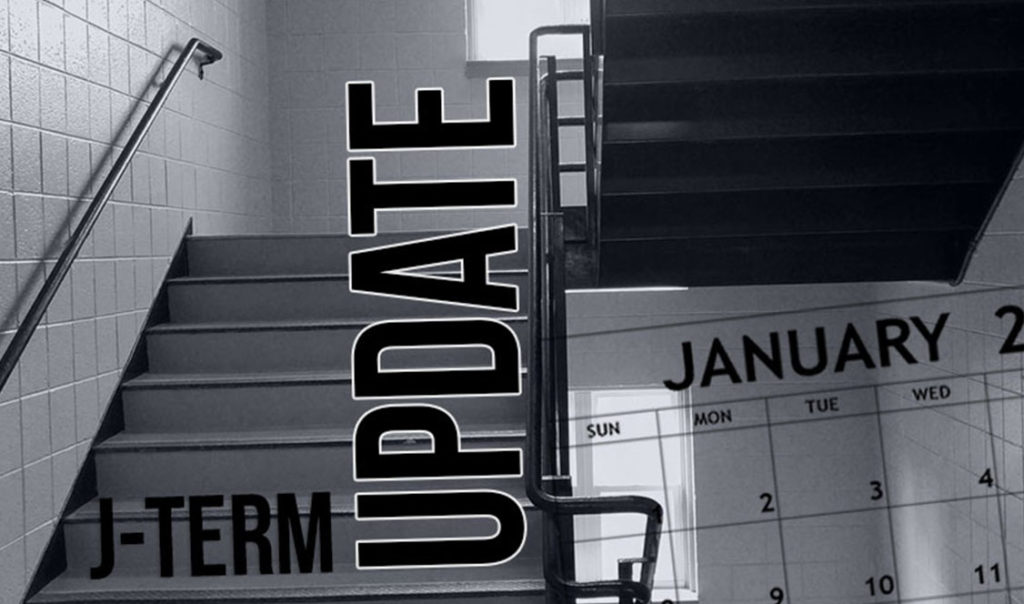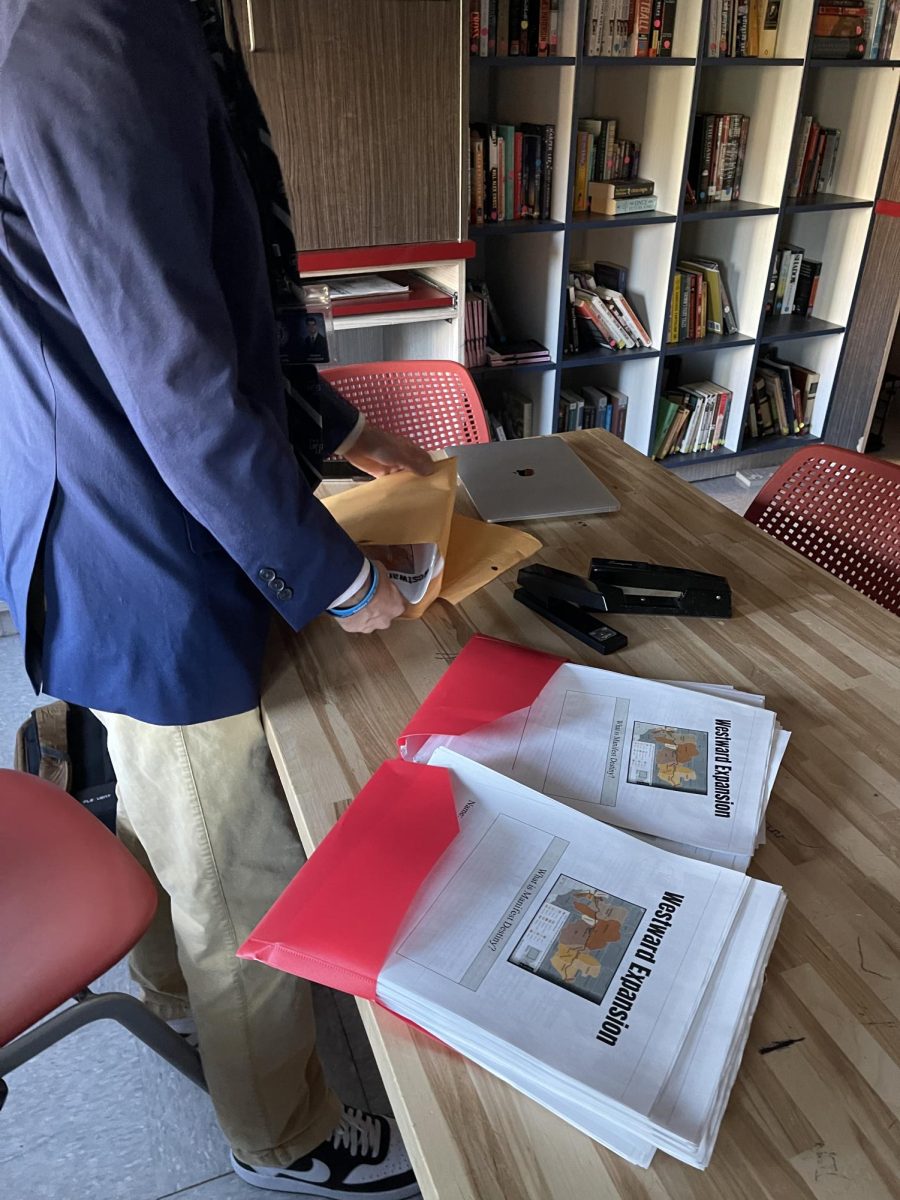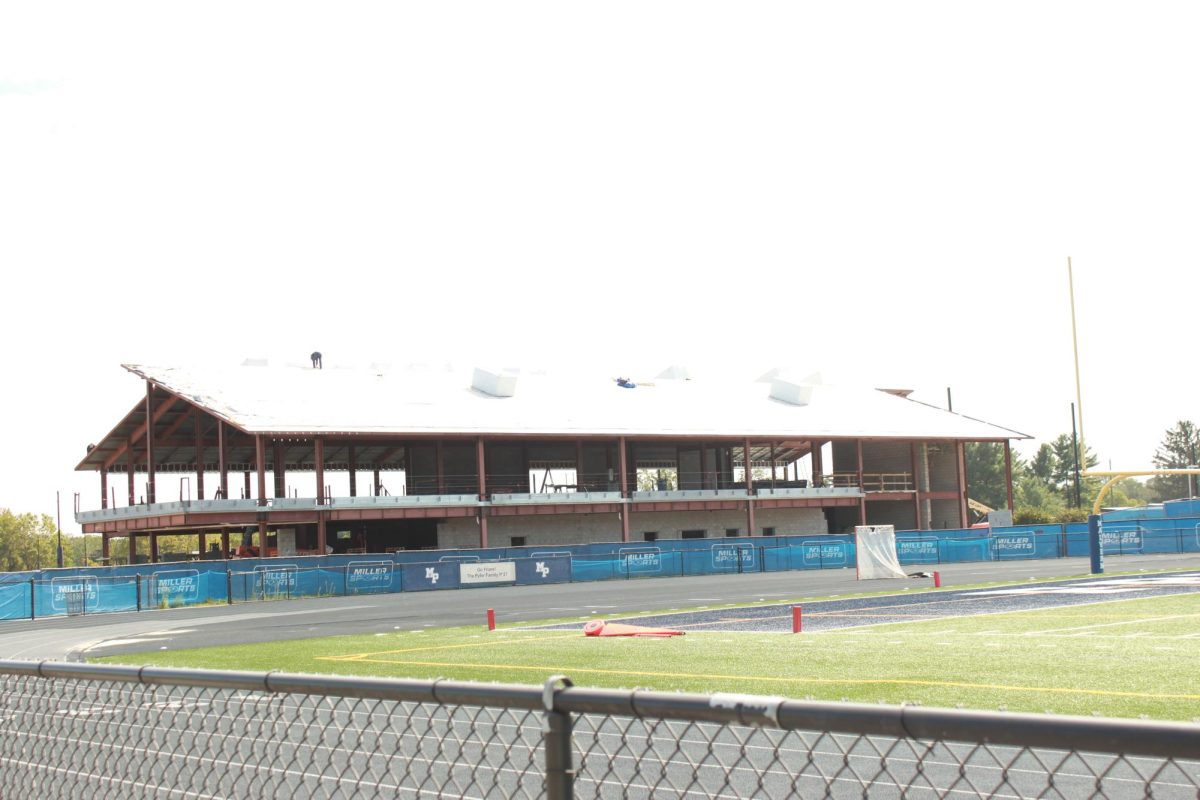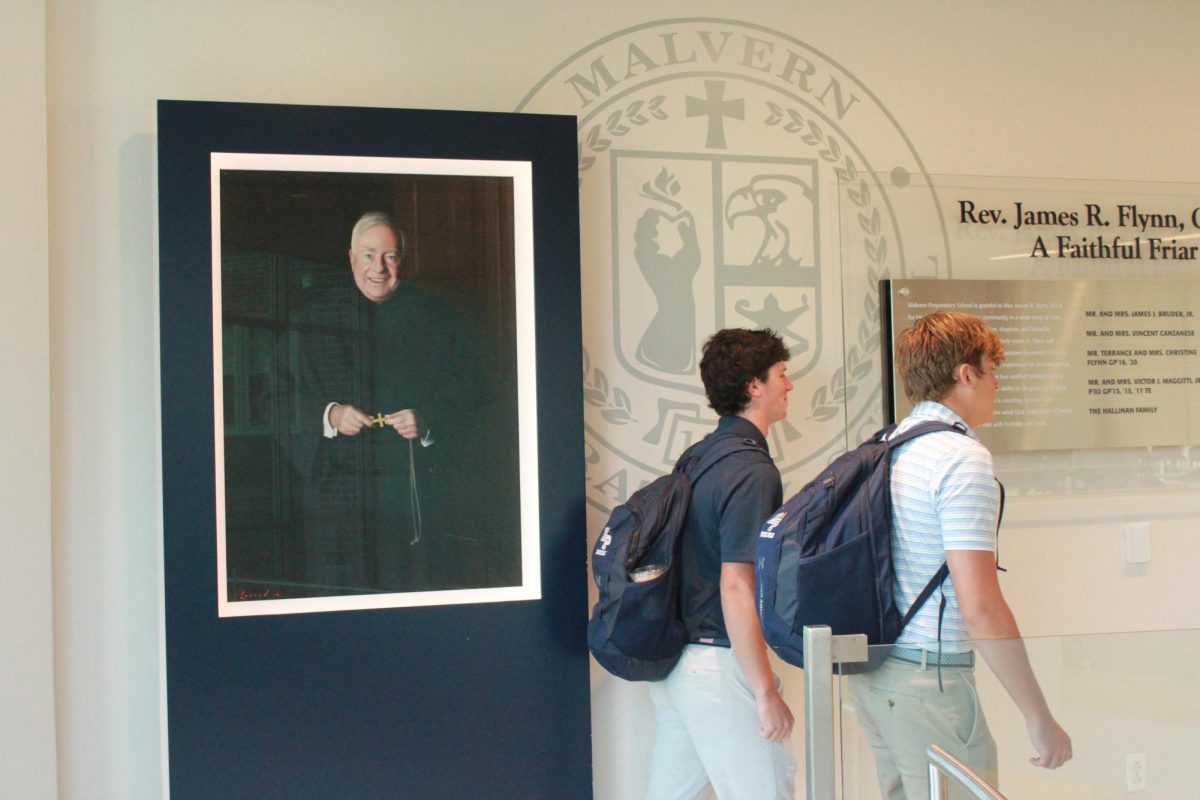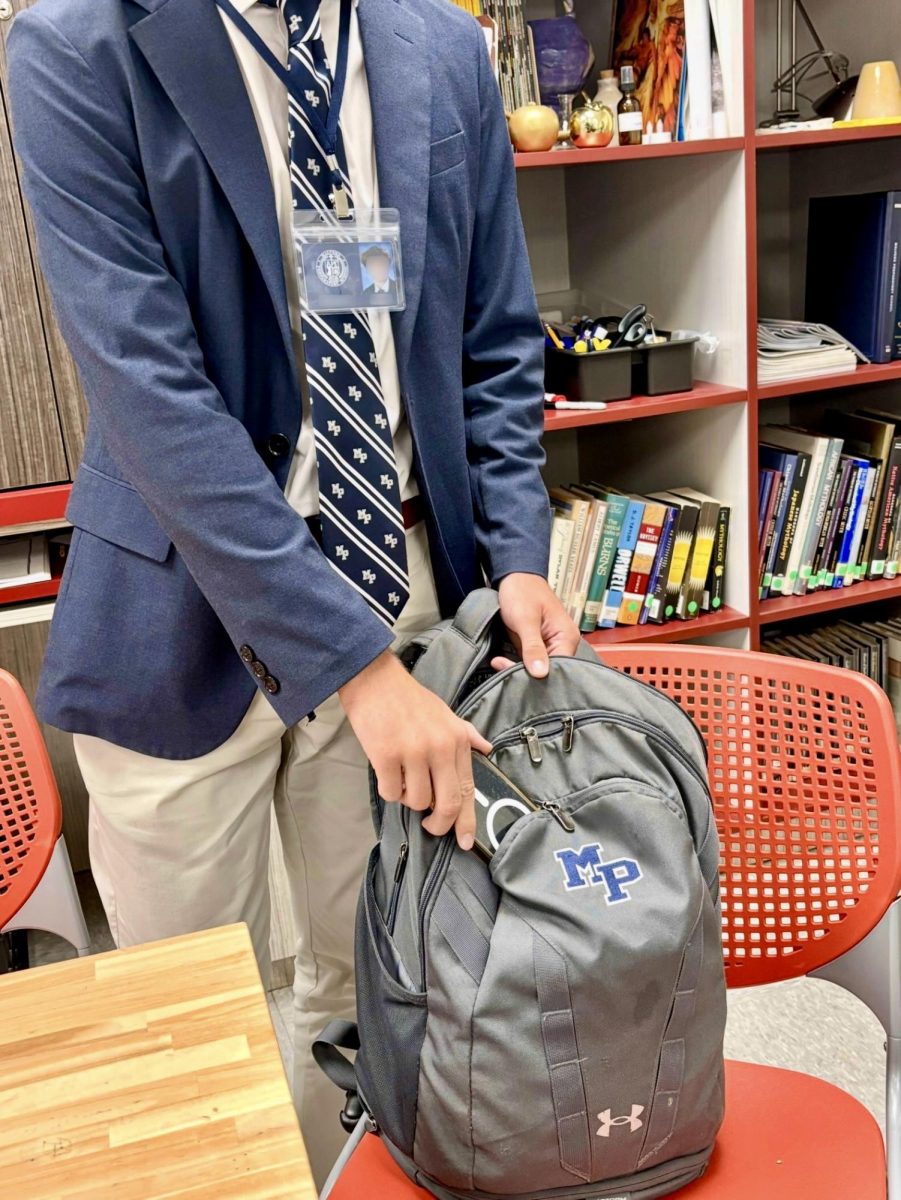Malvern will shorten the length from eight days to five days, and the J-Term will include student-led courses, among other changes.
With the first J-Term in the books, the Malvern administration looks for ways to improve its experimental January program. They will focus on increasing student engagement and keeping courses active.
In regards to the first year of implementation of J-Term, Assistant Head of School for Academics Mr. Patrick Sillup believes it was an overall success.
“I think there were some real positives and highlights from a coursework perspective,” Sillup said. “I think there are things based on direct feedback from students, parents, and faculty that we would do differently… I was happy to have an experience on campus that gave guys access to different grade levels, and different teachers around different topics.”
Assistant Head of School for Student Leadership Mr. Ron Algeo also believes the program had a few hits as well as a few misses.
“It was far from perfect… I think that’s to be expected,” Algeo said. “That’s something I really applaud Malvern for, where we would like to be able to provide some experiences for you guys that are outside the box, creative, innovative, but at the same time really impactful.”
Algeo said that providing these unconventional classes could be problematic during the regular year, so Malvern explored other options. They found their answer in J-Term.
“Sometimes, in a traditional school setting, that’s taking a risk. So, we took a risk with this,” Algeo continued.
Sophomore Jack Jogerst, who took a World War II history class, said he thought J-Term presented a wide range of different classes.
“I really liked my own class,” Jogerst said. “I thought there was also a really good diversity in the options you had and the classes you could take.”
Algeo believes the positives that were taken from J-Term prove that the program itself was worthwhile and could be improved in the future.
“I did hear from students that there were several classes they thought were great, they thought it was awesome,” Algeo said. “And I heard from students that said their classes were not great, they didn’t like them. So, I think those hits make us think there’s a chance we can improve this. It seemed like it was worthwhile, and if we really take a hard, honest look at it, at what worked and what didn’t work, we can recreate as much of that as possible.”
Sillup stated that based on student surveys, students viewed morning courses more favorably than afternoon courses, as well as courses that were more hands-on over passive ones.
“Students enjoyed the courses more when they were being actively engaged,” Sillup said. “Some of the more not so positive feedback came when say, they saw a film in block one and then another film came up in the afternoon, and maybe it was on a day we showed a film to the whole grade. There was a lot of sit-time.”
Algeo thinks one important area for improvement with the J-Term program are connection and engagement with students.
“If there are students in classes that they didn’t sign up for, or it was low on their list, that makes that connection really difficult,” he said. “If we can minimize that as much as possible, I think that would help immediately. And that’s where student leadership comes in.”
Students interested in teaching a course may have opportunities to meet with administration in the summer and in the fall leading up to J-Term to sort out the syllabus, coursework, and any other details.
“The ideas that a lot of students have are wonderful ideas,” Algeo said. “To allow them the creativity and the authority to come up with those ideas and have a lot of input as to how they implement them will be critical. But we need to give that support and feedback. We can’t say, ‘oh, you have great idea,’ and then come January, ‘are you ready?’”
Another major addition to the program includes the shortening from an eight-day program to five days. J-Term is currently scheduled listed from January 3-11 on the 2018-2019 school year calendar.
“It was clear the eight days maybe hit a bit of an exhaustion point,” Sillup said. “But at five, I think that would hit the right chord. So, J-Term next year will be just one calendar week.”
Algeo is hopeful that J-Term will continue to develop and improve throughout the next couple of years and could eventually include big leaps forward such as classes that take place outside of Malvern and extended J-Term programs.
“I think that with success comes a greater desire to expand and improve,” Algeo said. “And if we ever reach that level of success, we would have to be ready for that.”


